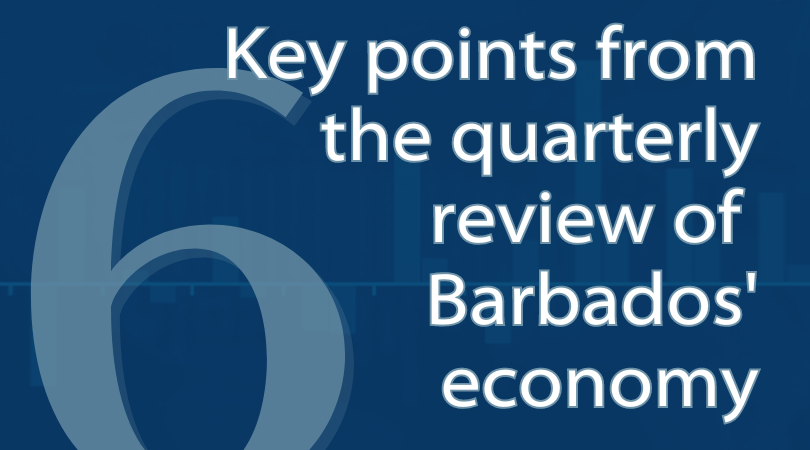Use the latest browser recommended by Microsoft
Get speed, security and privacy with Microsoft Edge


[1] Adjusted for corporation taxes prepayment and the late issuance of land tax bills.
Reprinted from the Central Bank of Barbados’ Review of the Barbados Economy: January-September 2023.